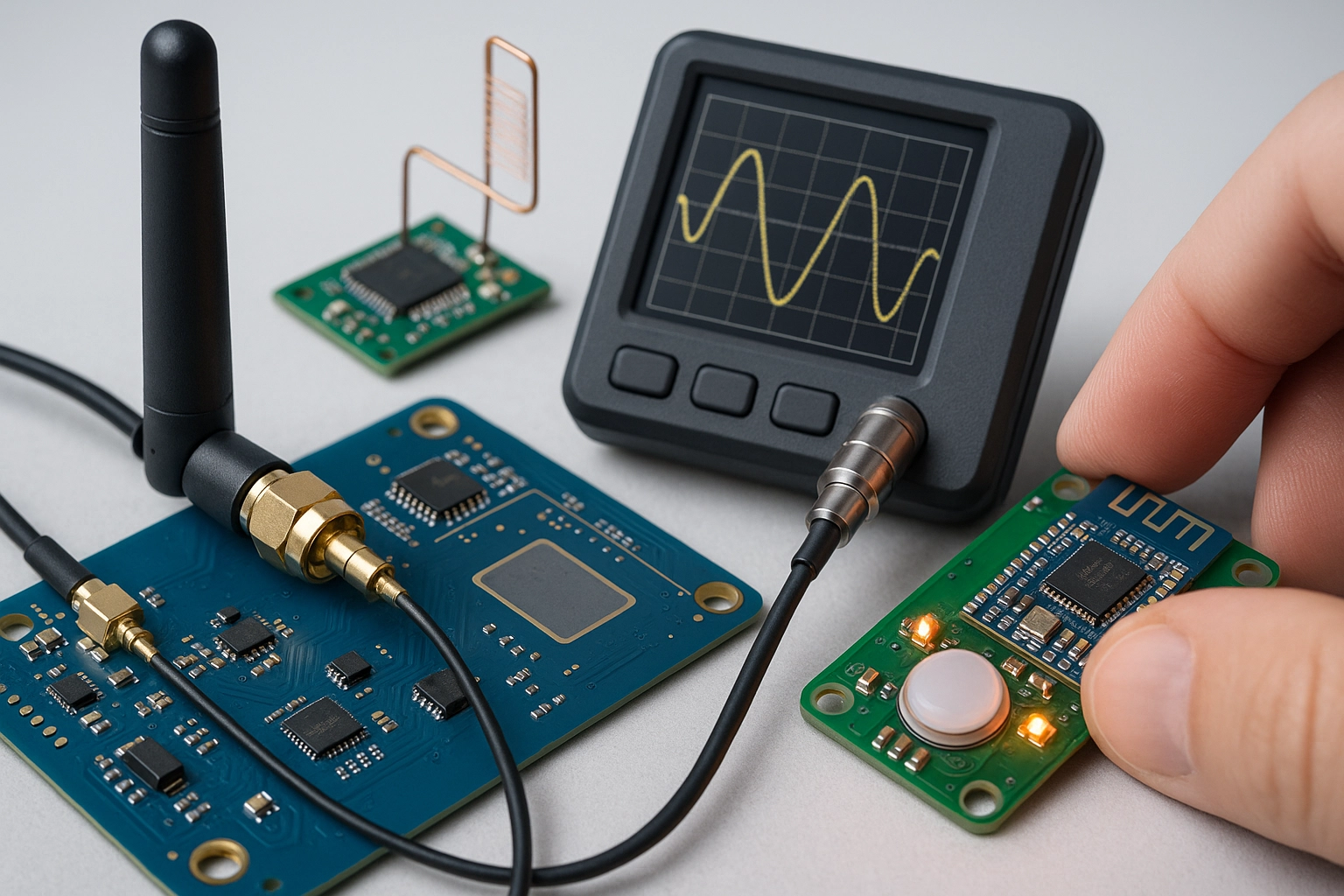ETSI EN 302 890 2 GNSS Based Road Tolling Wireless Test
The ETSI (European Telecommunications Standards Institute) EN 302 890-2 standard provides stringent requirements for the implementation of a GNSS (Global Navigation Satellite System) based road tolling system. This service ensures compliance with these standards, offering critical testing and certification to guarantee the reliability and accuracy of tolling systems in real-world conditions.
GNSS-based road tolling is an essential component of smart transportation solutions that are increasingly being implemented globally. The primary goal of this standard is to ensure interoperability between different tolling systems by providing a comprehensive framework for testing and certification. This service plays a pivotal role in ensuring the accuracy, reliability, and security of GNSS-based road tolling systems.
The service involves several key stages, including initial setup, parameter configuration, data acquisition, and final analysis. The process begins with detailed consultation to understand specific client requirements and desired outcomes. Next, we configure the test environment to mimic real-world conditions as closely as possible. This includes setting up a dedicated tolling station, ensuring network connectivity, and deploying appropriate sensors for accurate data capture.
Once the setup is complete, extensive data collection ensues. This involves collecting both static and dynamic data under various scenarios to ensure robust performance across different environmental conditions. The collected data is then meticulously analyzed using advanced signal processing techniques to identify any discrepancies or anomalies. Finally, a comprehensive report is generated, detailing all aspects of the test and highlighting areas for improvement.
The ETSI EN 302 890-2 standard emphasizes several critical parameters that must be met for successful road tolling systems. These include accuracy in time synchronization, reliability of signal reception, security measures to prevent unauthorized access, and robustness against interference from other wireless signals. By adhering strictly to these parameters, our service ensures that clients receive reliable and accurate results.
Our team of experts employs state-of-the-art equipment and software to conduct these tests. This includes high-precision GNSS receivers capable of capturing precise location data, advanced signal analysis tools for detailed examination, and secure server infrastructure to store all collected data safely. We also leverage our extensive experience in the automotive sector, particularly within wireless and connectivity testing, to provide unparalleled expertise.
Compliance with ETSI EN 302 890-2 is crucial not only from a regulatory perspective but also for ensuring public safety and efficient traffic management. By adhering strictly to this standard, toll operators can maintain high levels of accuracy and reliability in their systems, which translates directly into improved service quality for users.
Our service not only meets but exceeds the requirements set forth by ETSI EN 302 890-2. We provide a full suite of testing services designed to ensure that tolling systems are robust enough to handle real-world conditions while maintaining strict adherence to all relevant standards and regulations.
In summary, our ETSI EN 302 890-2 GNSS Based Road Tolling Wireless Test service is tailored specifically for those looking to ensure compliance with this critical standard. By leveraging our expertise in automotive testing and our state-of-the-art facilities, we offer unparalleled assurance that your tolling system will perform reliably under all conditions.
Why It Matters
The ETSI EN 302 890-2 standard is vital for ensuring the reliability and accuracy of GNSS-based road tolling systems. Compliance with this standard ensures interoperability between different systems, which is essential in today’s interconnected world where seamless integration across various transportation networks is becoming increasingly important.
From a safety perspective, accurate and reliable tolling systems contribute significantly to overall traffic management by providing real-time data that can help authorities make informed decisions. This leads to safer roads and reduced congestion, ultimately benefiting both travelers and the environment.
In terms of public trust, compliance with ETSI EN 302 890-2 fosters confidence in tolling services as they become a reliable part of daily commutes. Reliable systems also reduce instances of disputes or misunderstandings regarding charges, enhancing user satisfaction.
From an operational standpoint, ensuring compliance minimizes risks associated with non-compliant equipment or practices that could lead to costly rework or penalties. It also supports smoother integration into broader smart city initiatives where seamless connectivity between various components is paramount.
Applied Standards
| Standard | Description |
|---|---|
| ETSI EN 302 890-2 | This standard defines the technical requirements for the implementation of GNSS-based road tolling systems, focusing on interoperability and accuracy. |
Why Choose This Test
- Ensures compliance with ETSI EN 302 890-2 standards
- Achieves high levels of accuracy and reliability in tolling systems
- Maintains interoperability between different tolling systems
- Supports seamless integration into broader smart city initiatives
- State-of-the-art equipment for precise data capture
- Experienced team with extensive experience in automotive testing
- Secure server infrastructure to store all collected data safely





